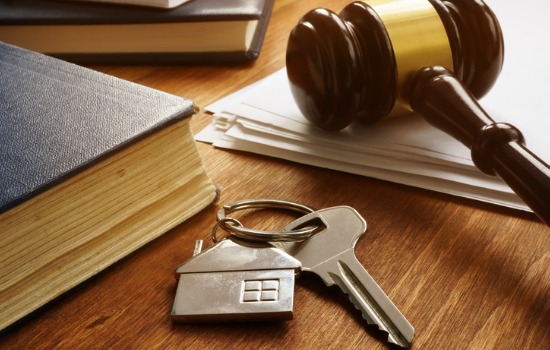
Commercial real estate leases can be complex legal documents that require careful review and negotiation to protect your client's interests. As a lawyer specializing in real estate law, understanding the intricacies of commercial leases is essential to ensuring favorable outcomes for your clients. This guide will provide you with valuable insights and strategies to navigate commercial real estate lease lawyers successfully.
Understanding the Basics of Commercial Real Estate Leases
Key Terms and Provisions
- Rent: The amount of money the tenant agrees to pay the landlord for the use of the commercial space.
- Lease Term: The duration of the lease agreement, including start and end dates.
- Common Area Maintenance (CAM) Charges: Additional expenses passed on to tenants for the maintenance of shared spaces in the commercial property.
- Security Deposit: A refundable amount paid by the tenant to cover any damages or unpaid rent.
- Use Clause: Specifies the permitted uses of the leased space, ensuring compliance with zoning regulations.
Types of Commercial Leases
- Triple Net Lease: Tenant is responsible for property taxes, insurance, and maintenance costs.
- Gross Lease: Landlord covers all expenses, and rent is typically higher to account for this.
- Percentage Lease: Tenant pays a base rent plus a percentage of their sales revenue.
- Short-Term Lease: Typically for less than one year, offering flexibility for both parties.
Negotiating Commercial Real Estate Leases
Due Diligence
Before entering negotiations, conduct thorough due diligence to understand the property, market conditions, and the landlord's reputation.
Key Negotiation Points
- Rent Amount and Increases: Ensure rent is reasonable and negotiate terms for increases over the lease term.
- Lease Term and Renewal Options: Consider the optimal duration for your client and negotiate renewal options.
- Repairs and Maintenance: Clarify responsibilities for repairs and maintenance to avoid disputes.
- Assignment and Subletting: Negotiate terms for assignment and subletting rights to provide flexibility for your client.
- Indemnification and Liability: Clarify liability issues and negotiate indemnification clauses to protect your client from legal claims.
Reviewing and Drafting Commercial Lease Agreements
Legal Review
Thoroughly review the commercial lease agreement to ensure all terms and conditions are clear, fair, and legally sound.
Key Considerations
- Compliance with Laws: Ensure the lease complies with all applicable laws and regulations.
- Termination and Default: Include clear provisions for lease termination and default scenarios.
- Insurance Requirements: Specify insurance coverage requirements for both parties.
- Dispute Resolution: Include mechanisms for resolving disputes, such as arbitration or mediation.
- Special Considerations: Address any specific concerns or requirements unique to the property or client.
Enforcing Commercial Lease Agreements
Monitoring Compliance
Regularly monitor your client's compliance with the lease agreement and address any issues promptly.
Enforcement Actions
- Notices and Reminders: Send formal notices and reminders for rent payments, maintenance responsibilities, or other breaches.
- Legal Remedies: If necessary, pursue legal remedies such as eviction or court action for lease violations.
- Renegotiation: In case of disputes or changes in circumstances, explore renegotiation options with the landlord.